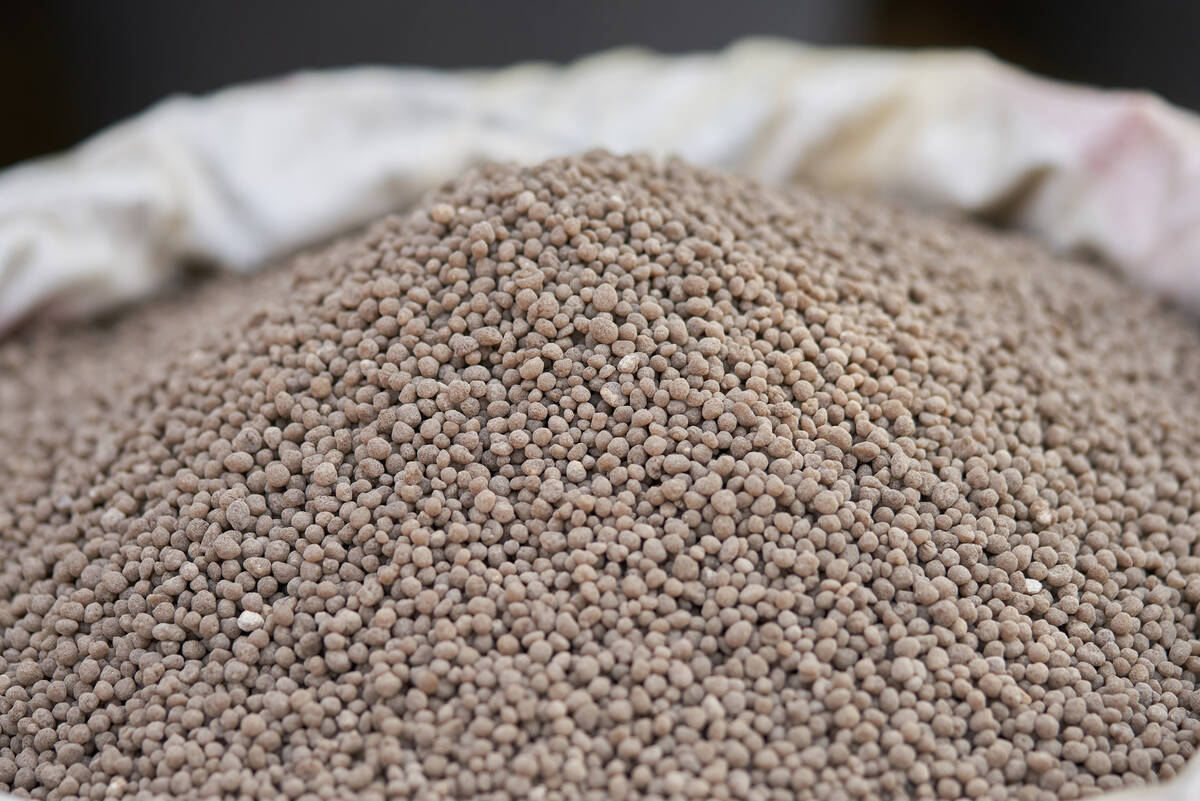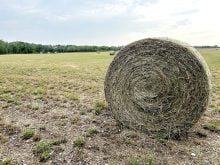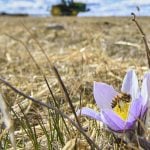Scientists have confirmed that more weeds have developed resistance to glyphosate, a troubling development for farmers and fresh fodder for critics of Monsanto, which developed the chemical under the original brand name of Roundup.
Kansas State University said on Friday that scientists had found five kochia weed populations in western Kansas that have been confirmed to have become resistant to glyphosate.
Kochia, also called fireweed, is a drought-tolerant weed commonly found on land in the western United States and Canada where crops are grown and cattle are grazed.
Read Also

Canola sees no yield drop in seed-placed phosphorus trial
Saskatchewan trials found seed-placed phosphorus in canola rarely reduced yield but often reduced plant stands, shifting risk to crop establishment.
“This complicates and may increase control costs for those growers who may have a resistance problem, but there are other herbicides,” said Kansas State weed scientist Phil Stahlman.
Stahlman and other university researchers are recommending farmers use other herbicides to try to control the weeds.
Monsanto said it was working with university scientists on a multi-state effort to continue evaluating the problem and how to advise farmers on how to respond.
The company declined to answer questions about how significant the weed-resistance problems are to date, and if resistance is expected to continue to expand.
Environmentalists and other critics claim herbicide usage has increased and with it weed resistance, which ultimately makes it more difficult for farmers to kill weeds and leads to greater use of other types of herbicide as well.
So far, more than 130 types of weeds have developed levels of herbicide resistance in more than 40 U. S. states.














